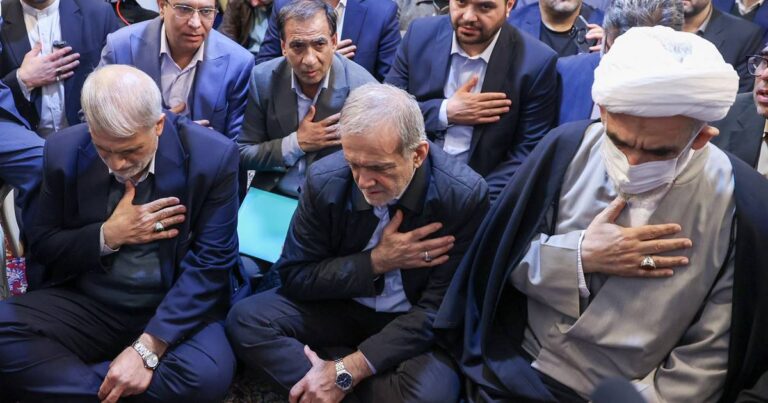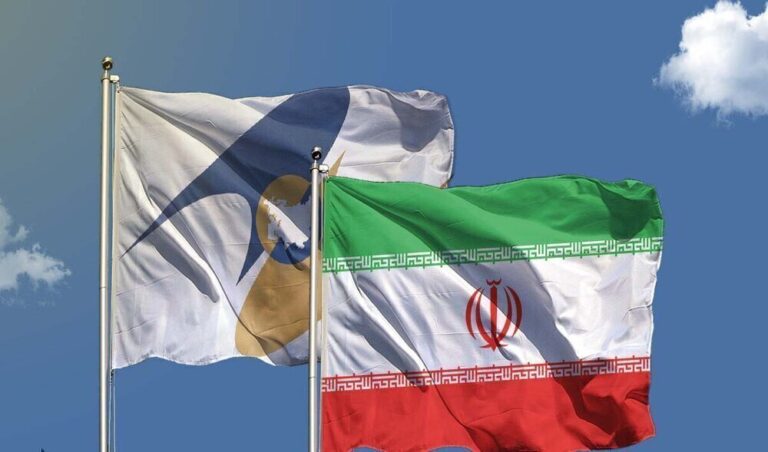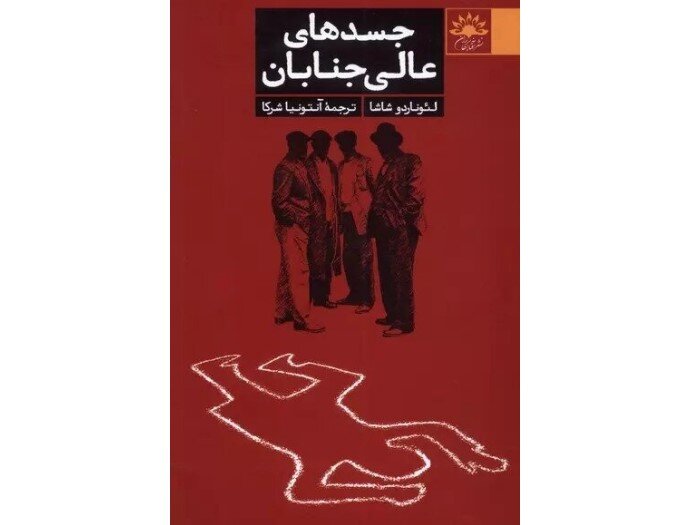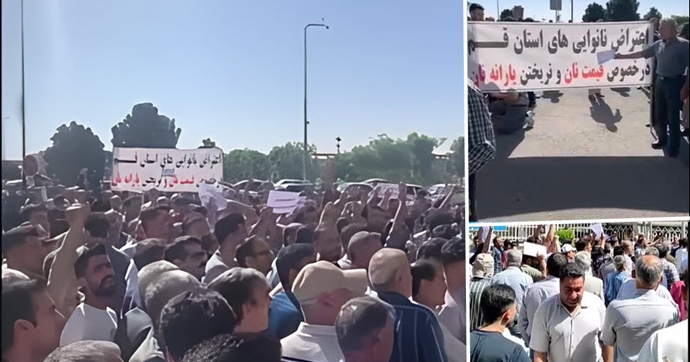High-Profile Iranian Ex-Ministers Convicted in Landmark Trade Corruption Scandal
In a significant development regarding corruption in Iran, two former ministers have been sentenced to prison due to their involvement in a major corruption case linked to the tea company Debsh. This case highlights ongoing issues of economic misconduct within the country, raising alarm among the populace.
According to the spokesperson for Iran’s judiciary, former trade minister Reza Fatemi-Amin has received a one-year prison sentence, while former agriculture minister Javad Sadatinejad has been handed a two-year sentence. Both officials were found guilty of “complicity in disrupting the country’s economic system.” The sentencing of high-profile figures like these is a rare occurrence in the Islamic Republic, where appeals and commutations often prevent similar cases from being fully executed.
The Debsh Tea Scandal: A Brief Overview
The Debsh Tea scandal is recognized as one of the largest financial corruption cases in Iran’s history, with estimated financial misconduct reaching approximately $3.4 billion. The investigation revealed widespread fraud including:
- Large-scale tea smuggling
- Currency manipulation
- Illegal acquisition of foreign exchange
At the heart of this scandal was CEO Akbar Rahimi Darabad, who was recently sentenced to an astonishing 66 years in prison for various economic crimes. His offenses include organized smuggling and bank fraud, according to his spokesman. In addition to his prison sentence, Darabad is required to return over €2 billion in foreign currency facilities and pay fines related to numerous smuggled tea shipments.
Wider Implications of the Scandal
The case is not just limited to the two former ministers and Darabad. In total, 44 individuals have been found guilty in connection with the Debsh Tea scandal. The investigation implicated various high-level entities, raising serious public concerns about the depth of economic misconduct within Iran, including:
- The involvement of Iran’s Central Bank.
- Involvement of customs officials.
- Connections to multiple government ministries.
One of the most alarming revelations from the investigation is that Debsh Tea allegedly exploited government policies to acquire vast amounts of foreign currency at official exchange rates. This currency was then sold on the open market at significantly inflated prices, contributing to economic instability.
Public Reaction and Future Outlook
The sentences handed down to Fatemi-Amin and Sadatinejad have sparked a mixed reaction among the Iranian public. While many view this as a positive step towards accountability, there remains skepticism regarding the government’s commitment to tackling corruption effectively. Past experiences show that similar cases often result in leniency through appeals or reduced sentences.
As the fallout from the Debsh Tea scandal continues, it is crucial for the Iranian authorities to demonstrate their resolve in combating corruption. The public’s trust in the government hinges on the successful prosecution of those involved in such large-scale economic crimes. If the Iranian judiciary fails to follow through with consistent enforcement of sentences, it risks undermining its credibility and reinforcing the perception of systemic corruption.
Conclusion
The sentencing of former ministers in the Debsh Tea scandal represents a pivotal moment in Iran’s ongoing battle against corruption. With high-profile figures facing jail time, there is hope for a shift towards greater accountability and transparency in the governance of the nation. The implications of this case extend far beyond the individuals involved, touching upon the very fabric of Iran’s economic and political landscape.
The Debsh Tea scandal serves as a stark reminder of the challenges that persist within Iran’s economic system, and the need for continued vigilance and reform to protect the nation’s resources and integrity.






